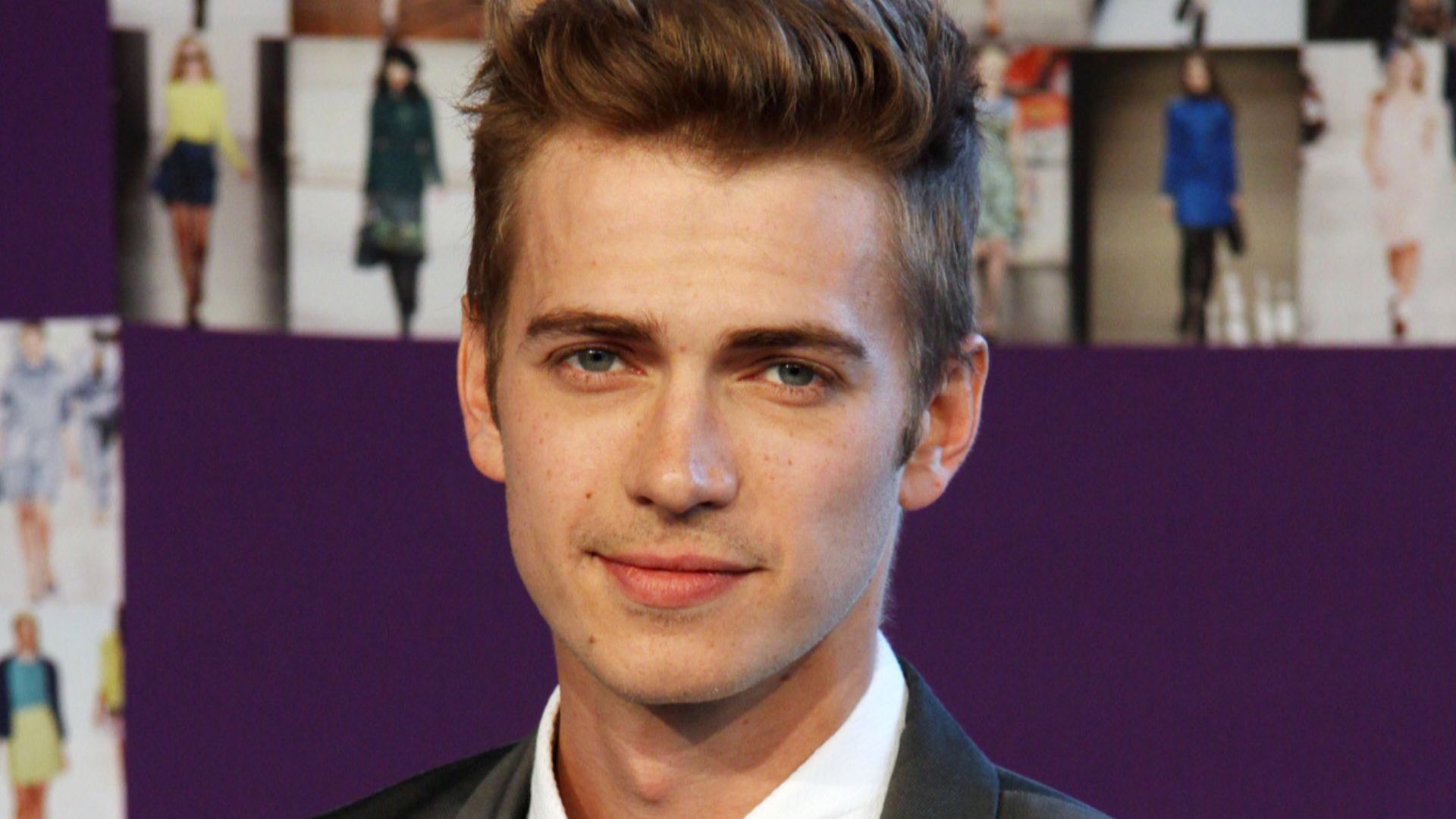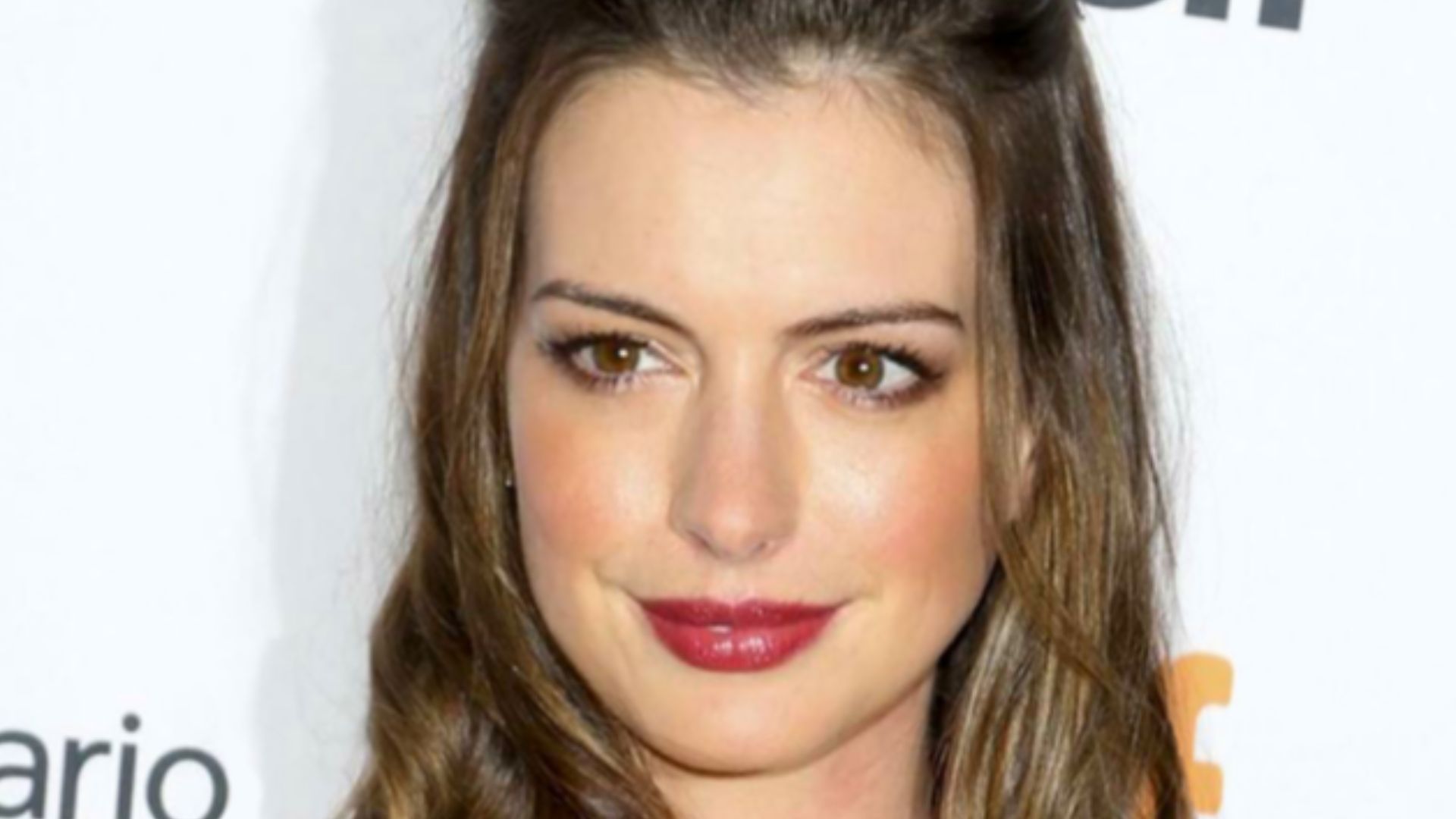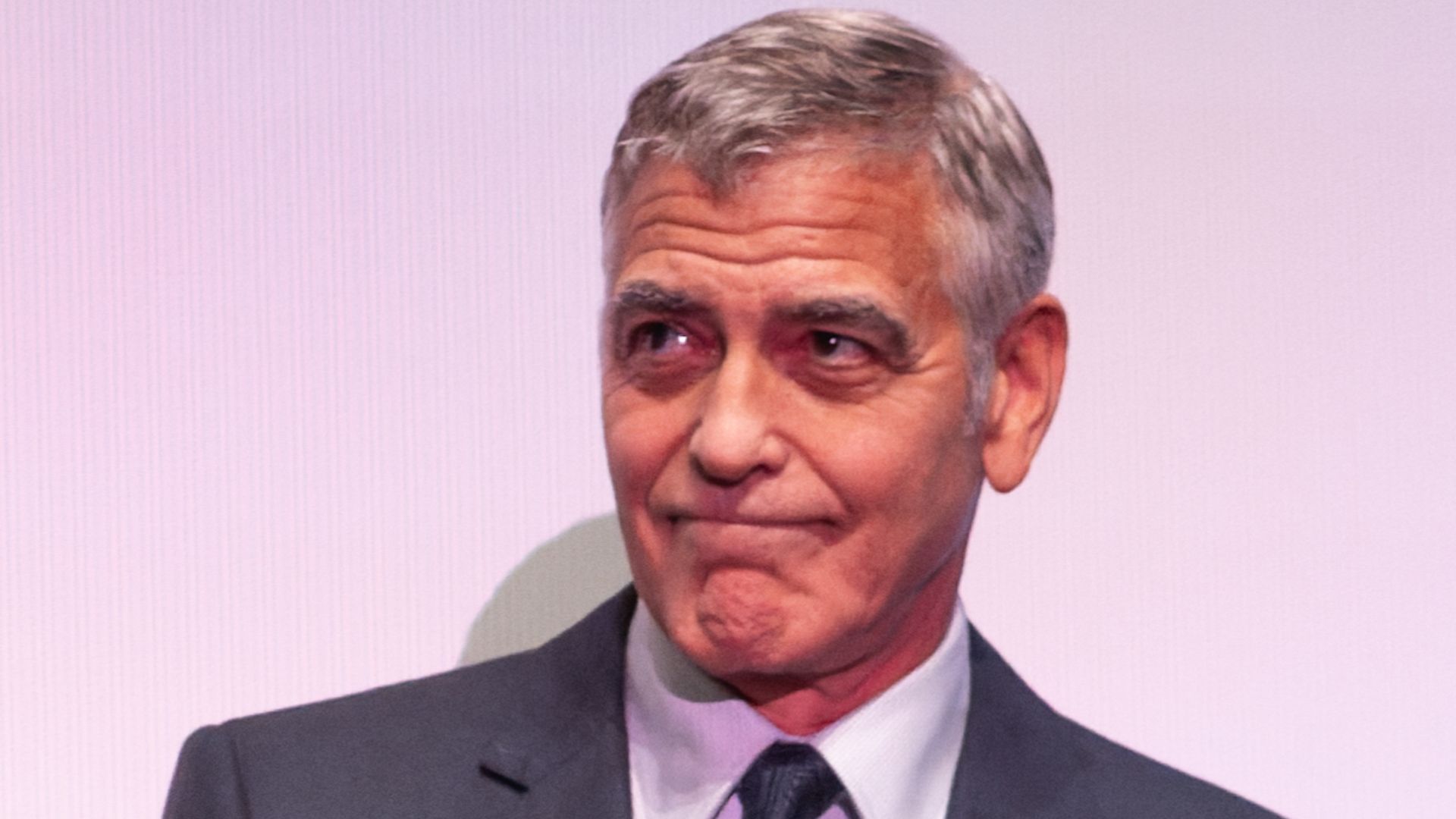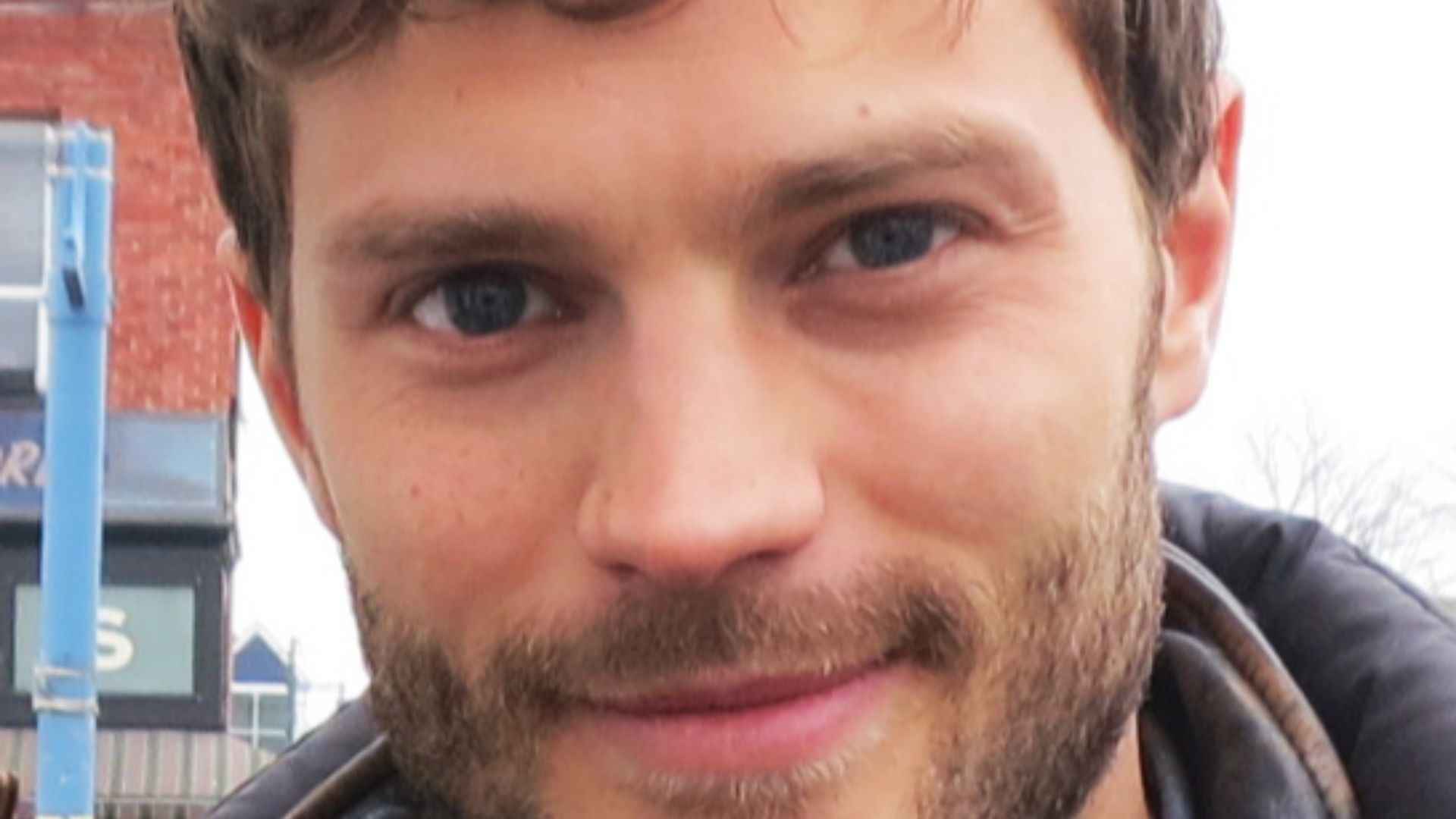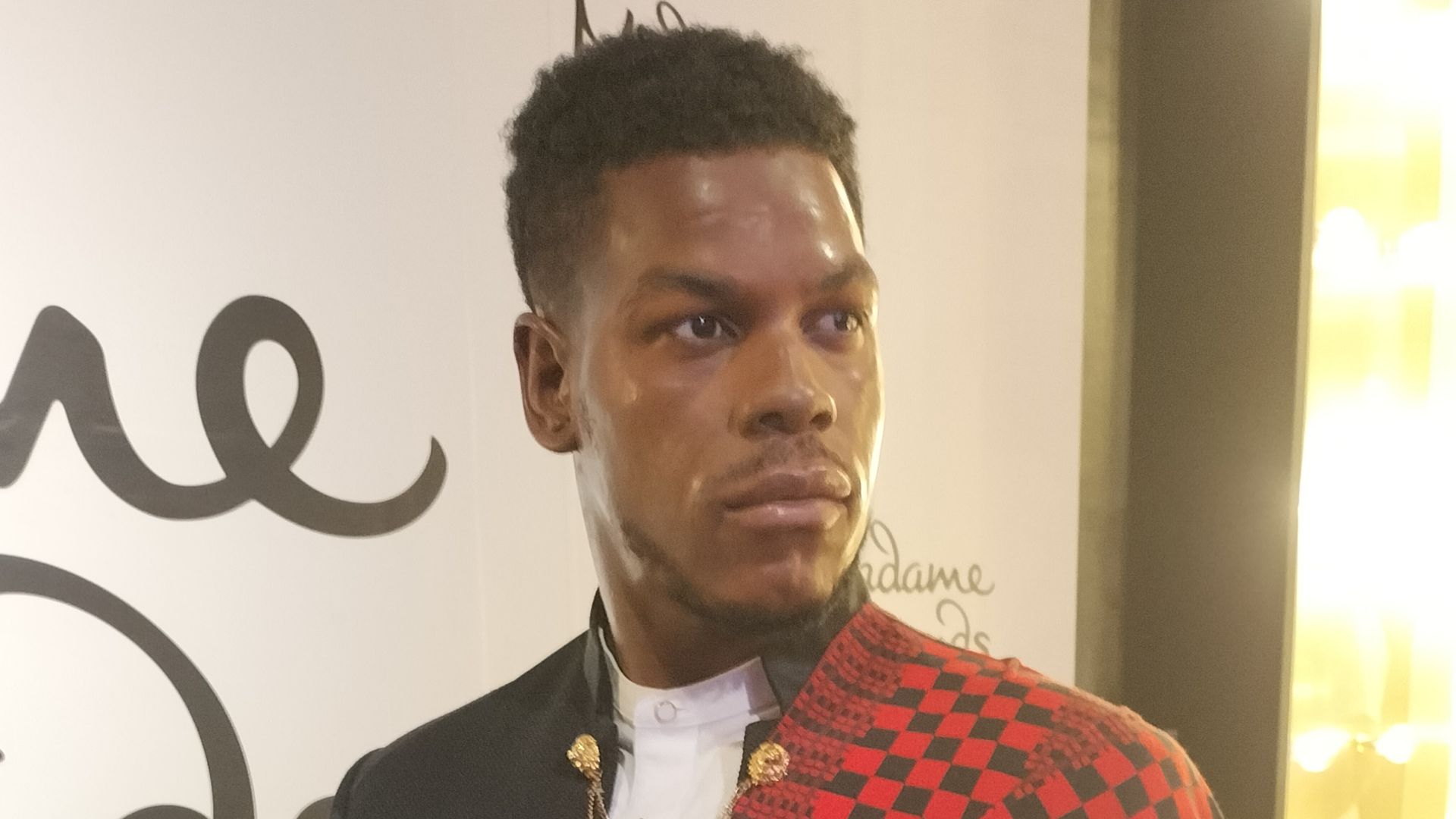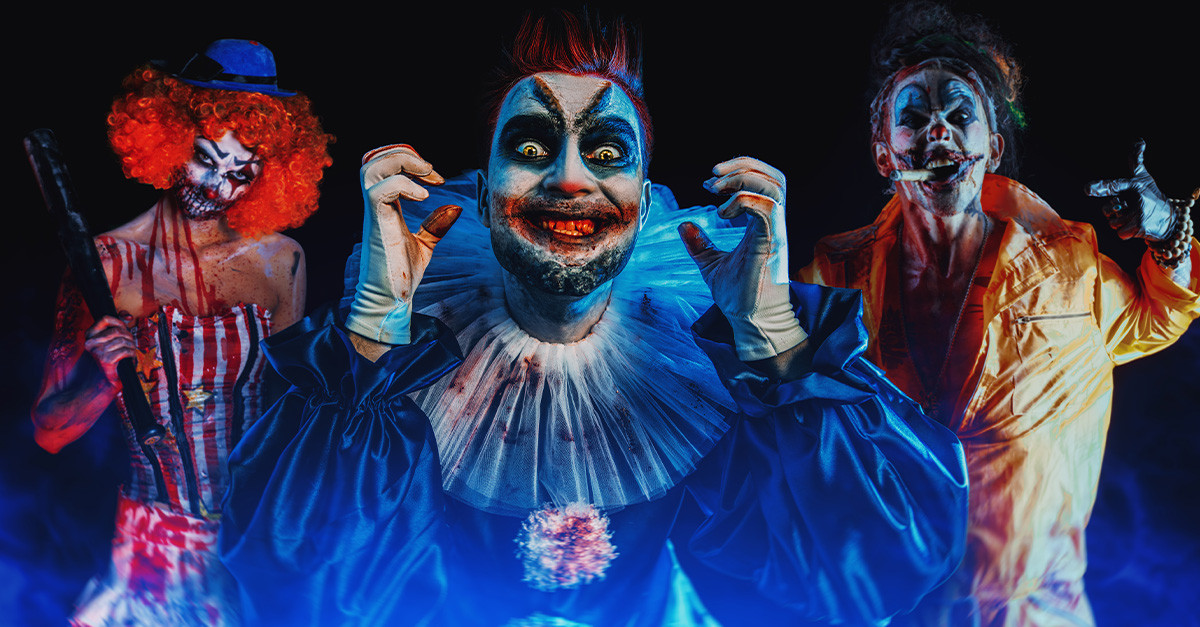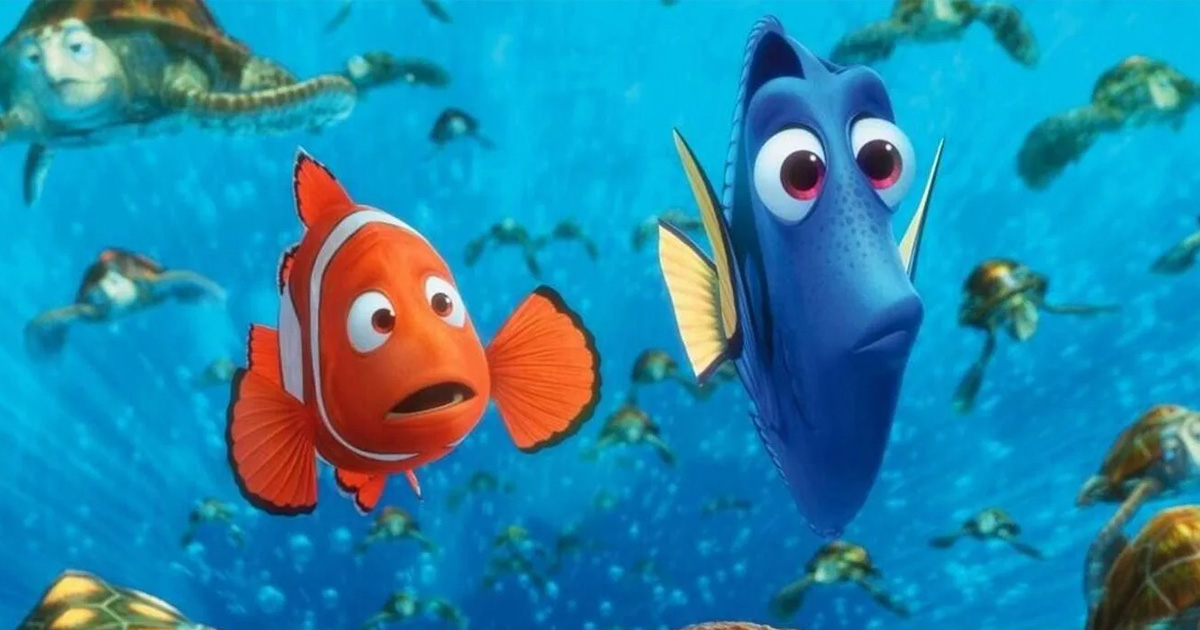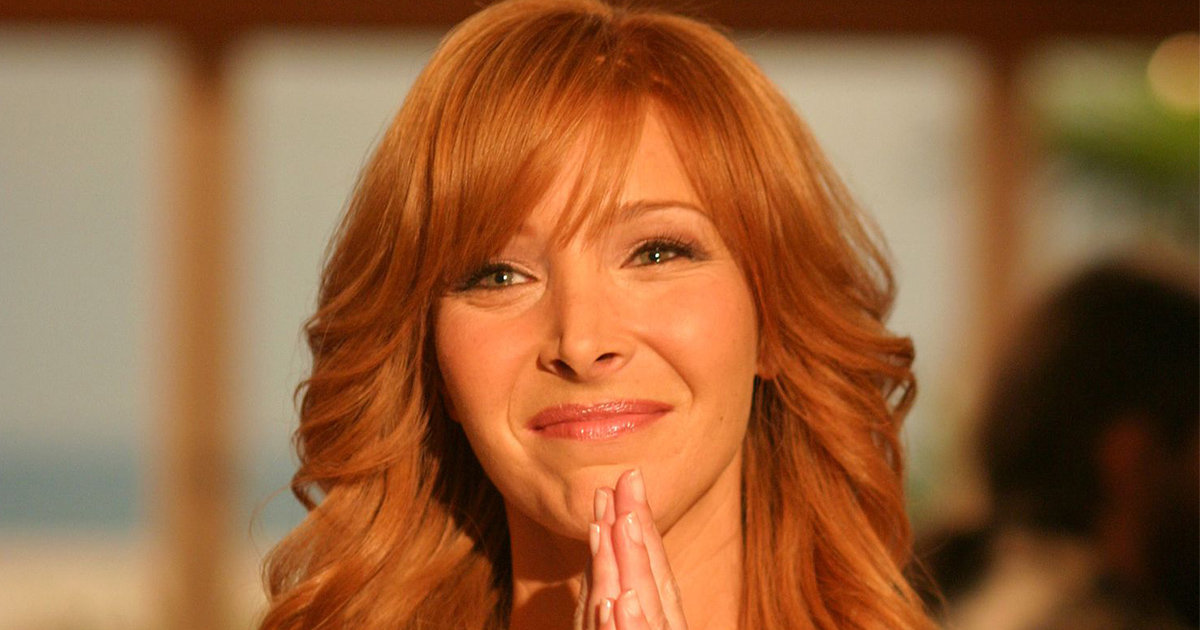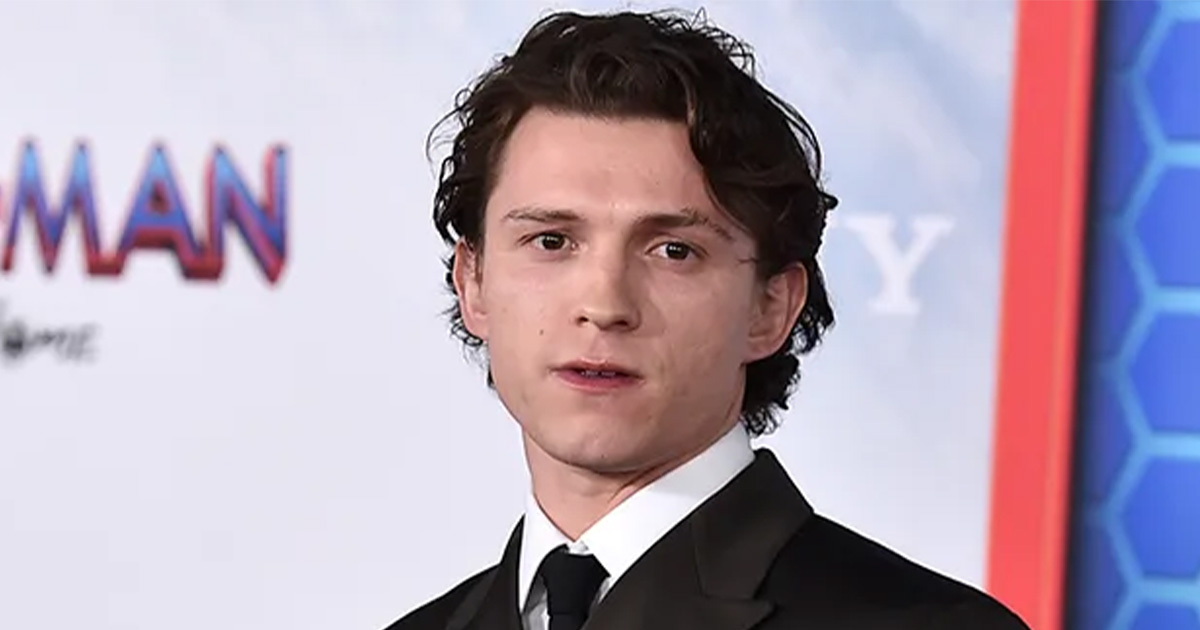Admiration Gone Sour
Fame can be a double-edged sword. Some actors learned that lesson the hard way when their most recognizable roles turned into sources of public hatred. Some tackled career setbacks, others dealt with intense criticism.

Robert Pattinson: Twilight
The Twilight phenomenon brought legions of devoted fans, but Pattinson faced the strange paradox of being simultaneously adored and ridiculed. In countless interviews, he didn't hide his disdain for Edward Cullen, famously joking that if he hadn't been in the films, he would “mindlessly hate it without having seen anything”.
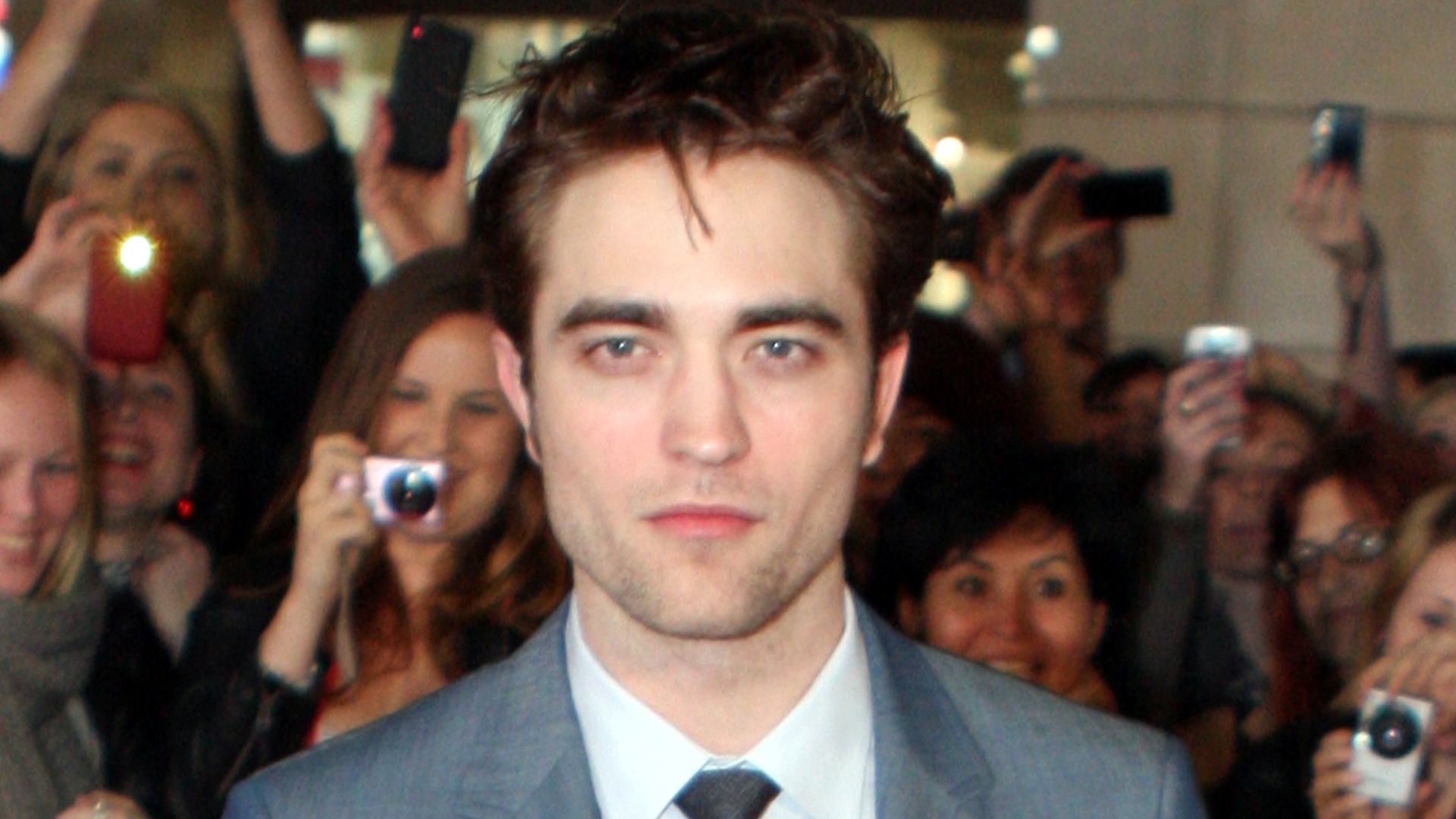 Eva Rinaldi, Wikimedia Commons
Eva Rinaldi, Wikimedia Commons
Robert Pattinson (Cont.)
This candid attitude only fueled the anti-Twilight crowd, who mocked his brooding vampire character. Pattinson's performance received harsh criticism from film critics who found his portrayal wooden and one-dimensional. What's fascinating is how this backlash actually shaped his post-Twilight career choices.
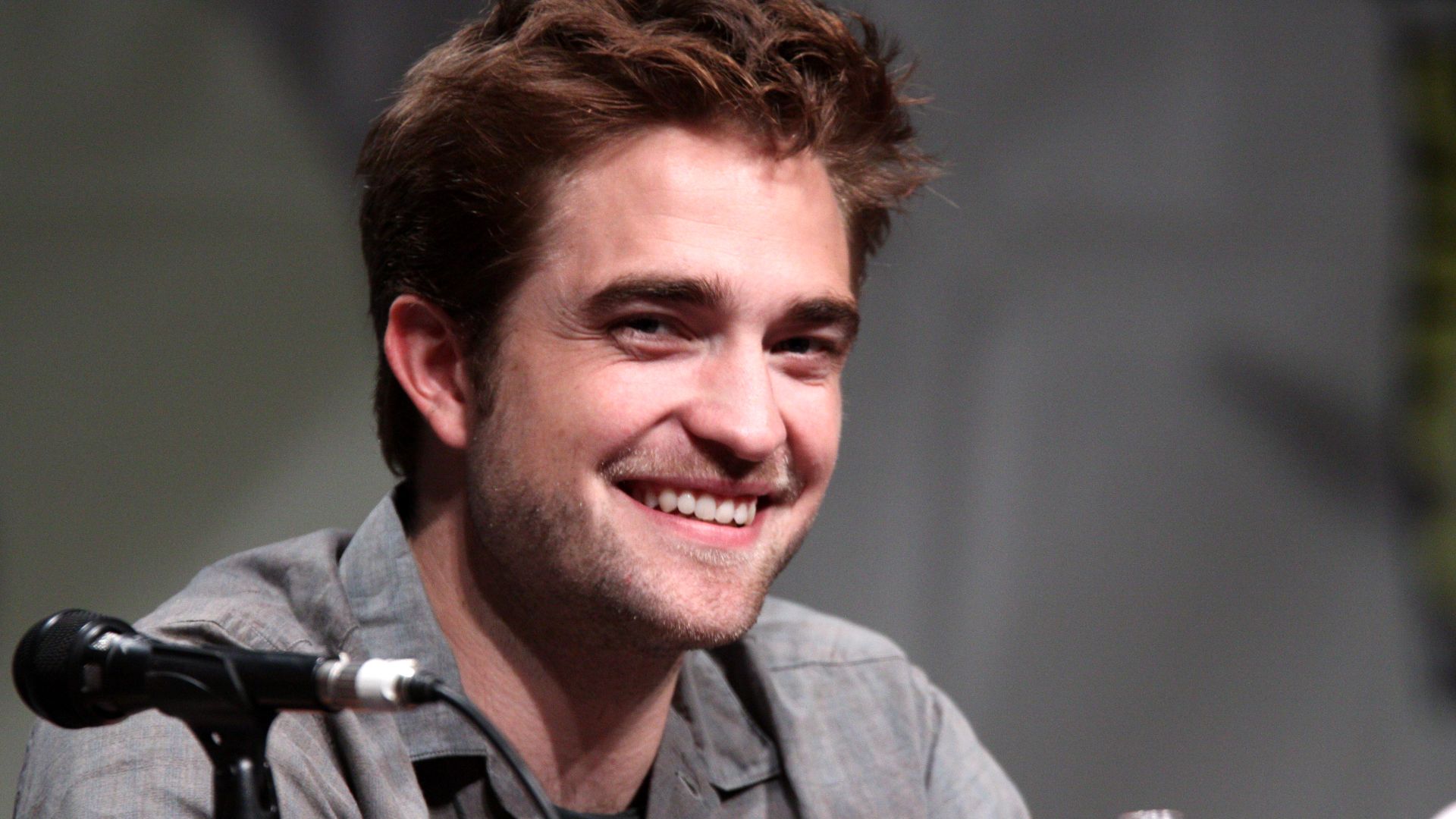 Gage Skidmore from Peoria, AZ, United States of America, Wikimedia Commons
Gage Skidmore from Peoria, AZ, United States of America, Wikimedia Commons
Ahmed Best: Star Wars: The Phantom Menace
Apparently, Ahmed Best received death threats and faced ruthless mockery that drove him to contemplate suicide. Best was pioneering technology, creating cinema's first fully CGI main character; yet, this achievement was entirely overshadowed by the character's reception.
 Michael Crabtree - PA Images, Getty Images
Michael Crabtree - PA Images, Getty Images
Ahmed Best (Cont.)
Racial undertones complicated the backlash, with many critics comparing Jar Jar to offensive racial stereotypes, despite Best's intentions to channel the physical comedy of legends like Charlie Chaplin and Buster Keaton. It took nearly two decades for Star Wars fans to recognize the human cost of their hatred.
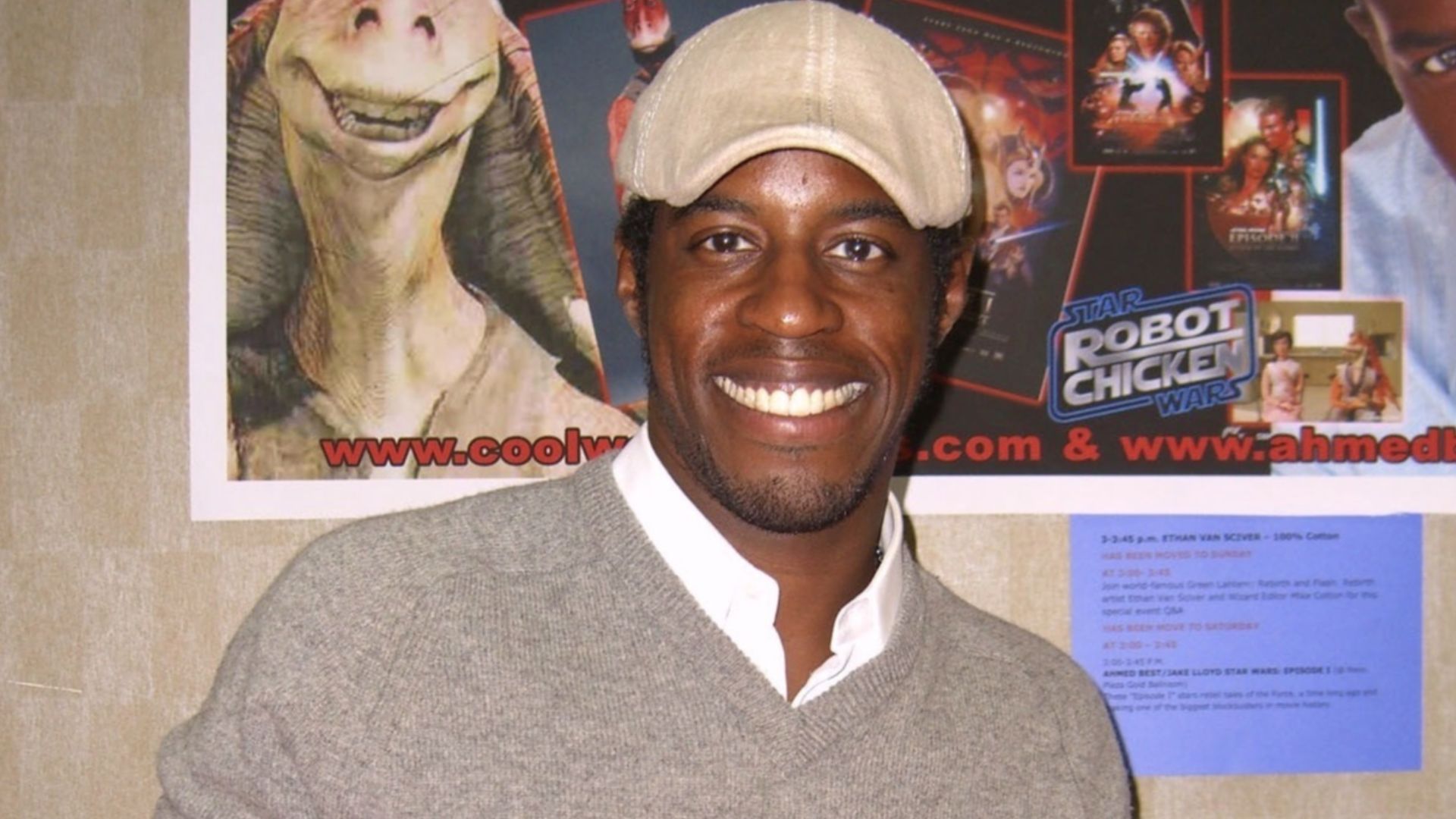 Nightscream, Wikimedia Commons
Nightscream, Wikimedia Commons
Jack Gleeson: Game Of Thrones
Jack Gleeson so convincingly portrayed the sadistic boy-king that some viewers couldn't separate fiction from reality. Game of Thrones author George RR Martin even expressed concern that the intensity of hatred toward Joffrey might have been why Gleeson quit acting after his character's demise.
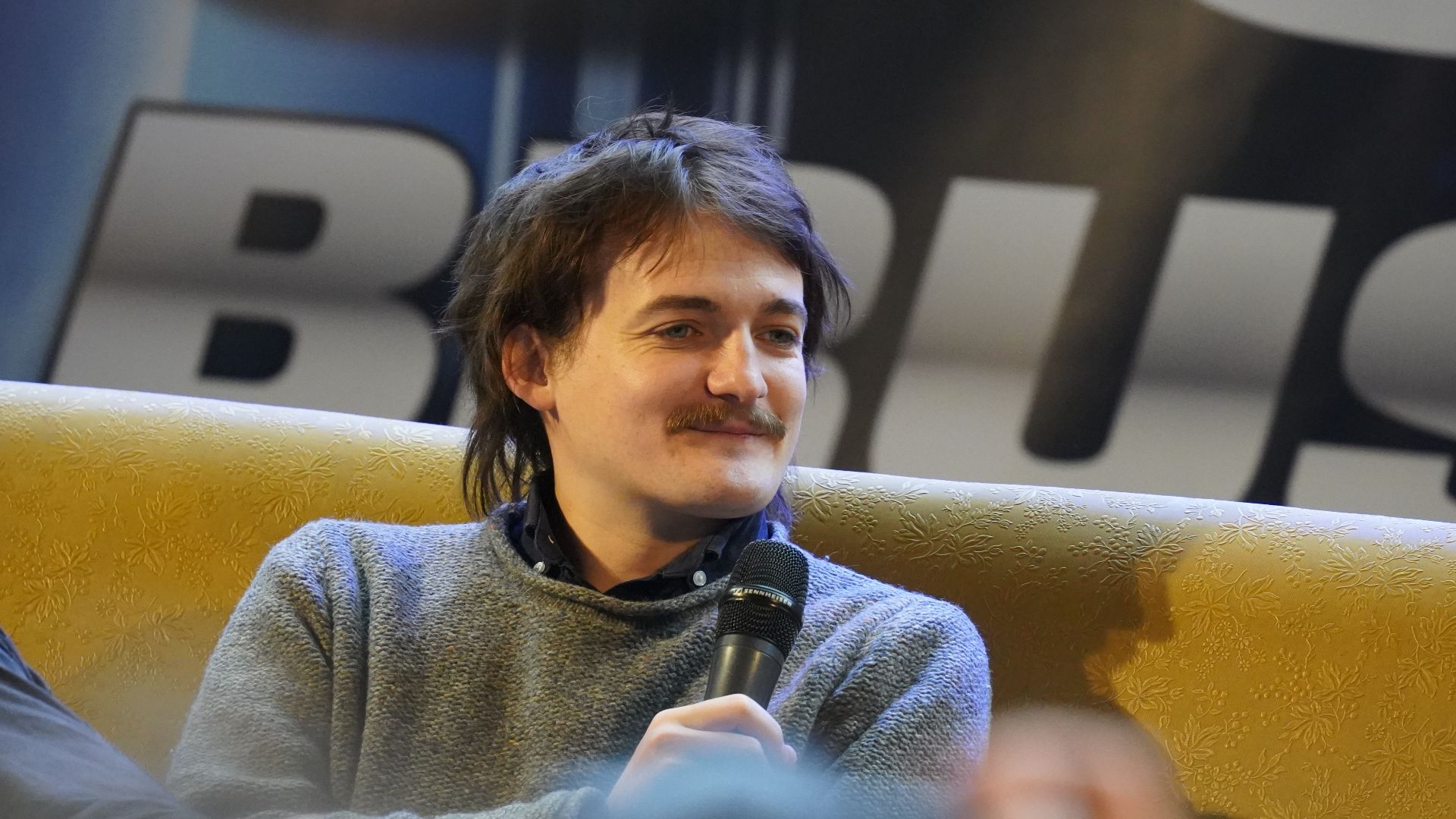 Miguel Discart & Kiri Karma (Photos Vrac), Wikimedia Commons
Miguel Discart & Kiri Karma (Photos Vrac), Wikimedia Commons
Jack Gleeson (Cont.)
In spite of receiving critical praise for his performance, with many critics noting it takes exceptional talent to make a character so universally loathed, Gleeson walked away from Hollywood at just 21. In a surprising twist, he later clarified that fan hatred wasn't his reason for quitting.
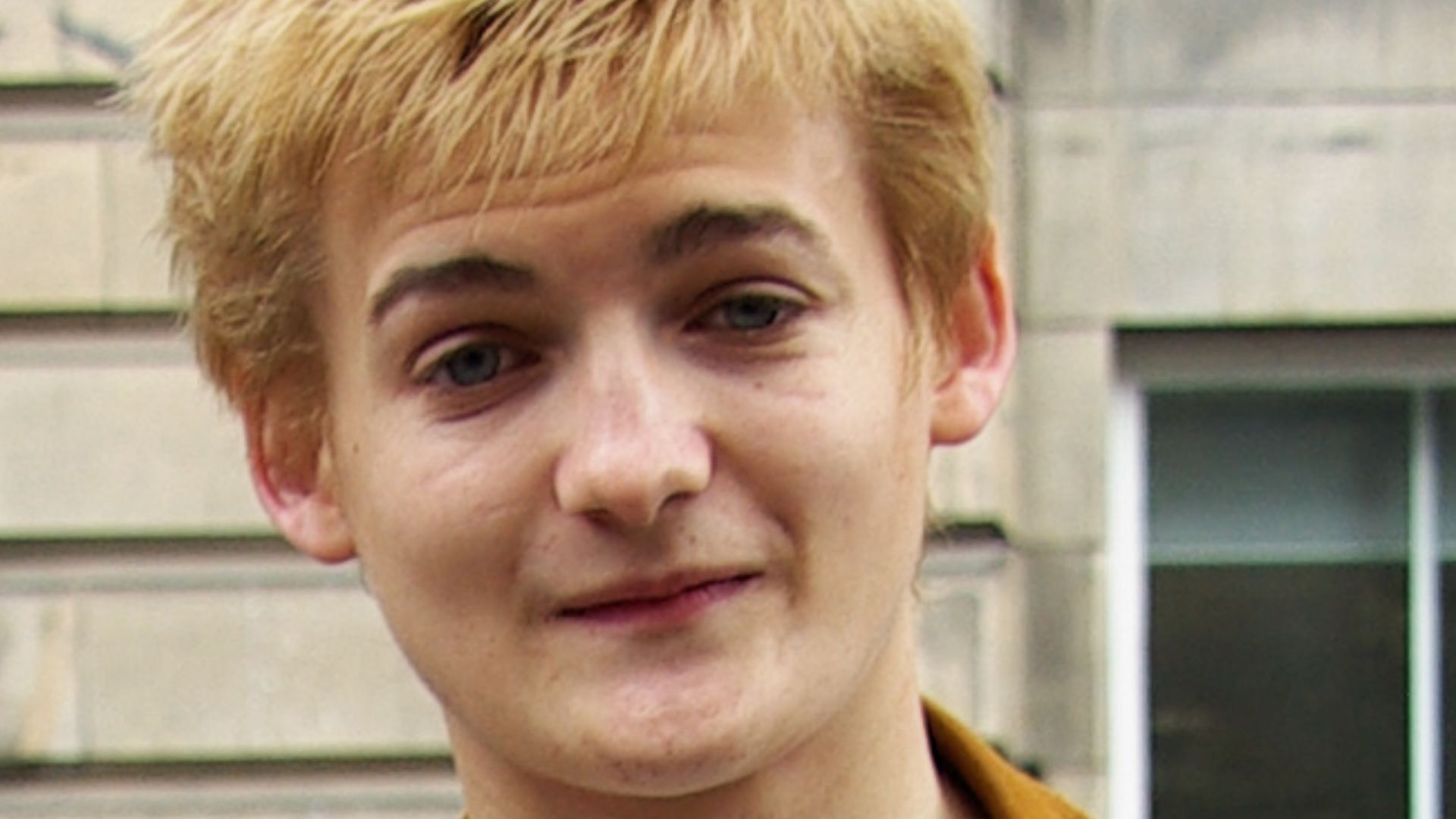 Verónica Paz, Wikimedia Commons
Verónica Paz, Wikimedia Commons
Hayden Christensen: Star Wars Prequels
Cast as Anakin Skywalker at just 19, he entered a franchise with impossibly high expectations and emerged as the primary target for fans' disappointment. Critics mercilessly attacked his delivery of George Lucas's admittedly clunky dialogue, with particular scorn directed at the infamous "I don't like sand" monologue.
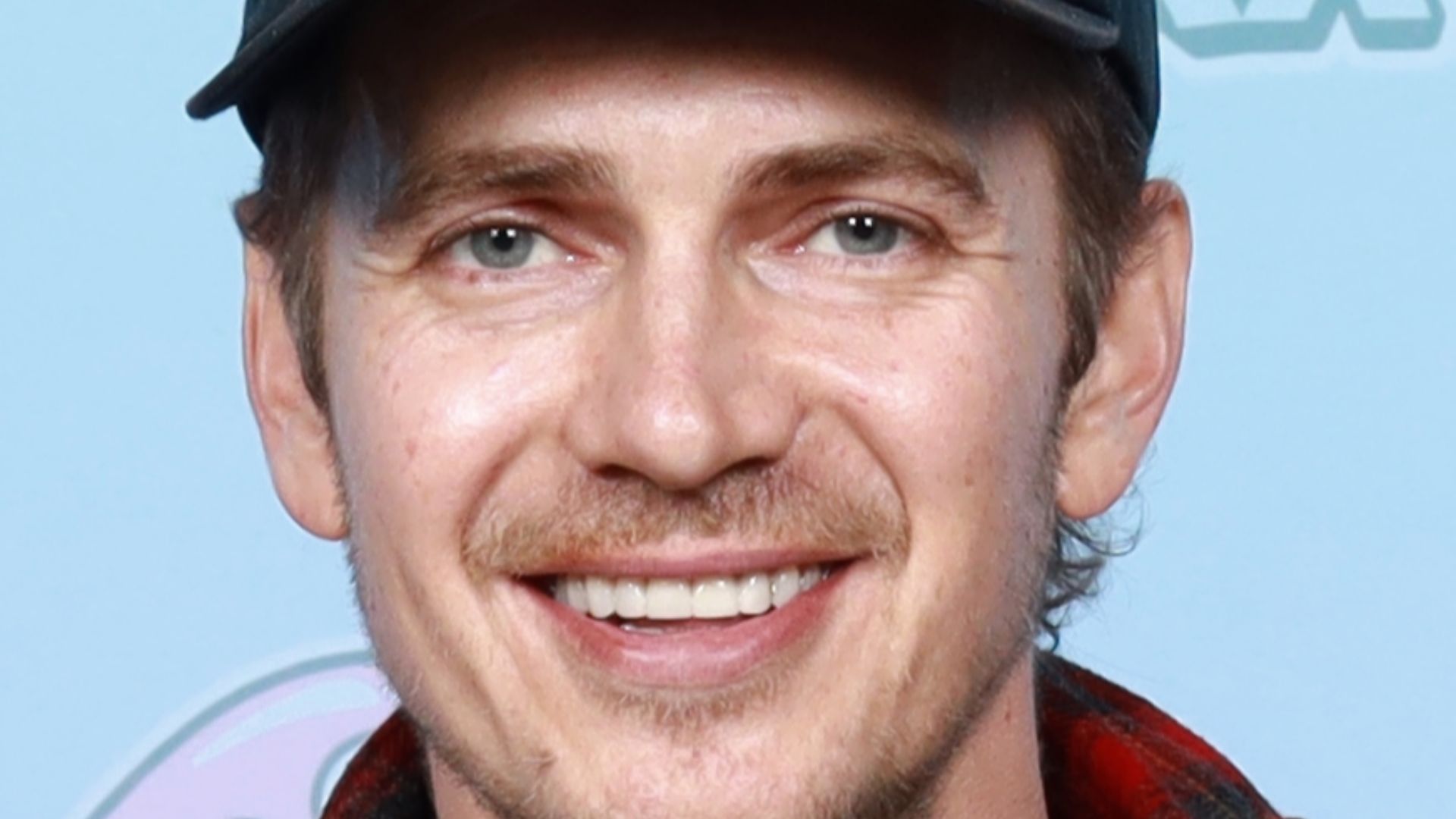 Super Festivals, Wikimedia Commons
Super Festivals, Wikimedia Commons
Hayden Christensen (Cont.)
Fan conventions became uncomfortable experiences for Christensen as Star Wars enthusiasts openly criticized him to his face. The intensity of backlash drove him to retreat from Hollywood and buy a farm in Canada, effectively stepping away from major roles for nearly a decade.
Anne Hathaway: Les Miserables
This actress gave an emotionally raw performance as Fantine in Les Miserables, earning her an Oscar. But public sentiment turned quickly. Viewers labeled her “fake humble” and overly rehearsed during interviews and award speeches. The internet hate dubbed “Hathahate” made her one of Hollywood’s most unfairly criticized stars at the time.
Anne Hathaway (Cont.)
Social media amplified that perception, portraying her as overly earnest or attention-seeking. In spite of all that hostility, Hathaway addressed the response with grace, saying she understood how success can make people uncomfortable, and went on to rebuild her public image through humor.
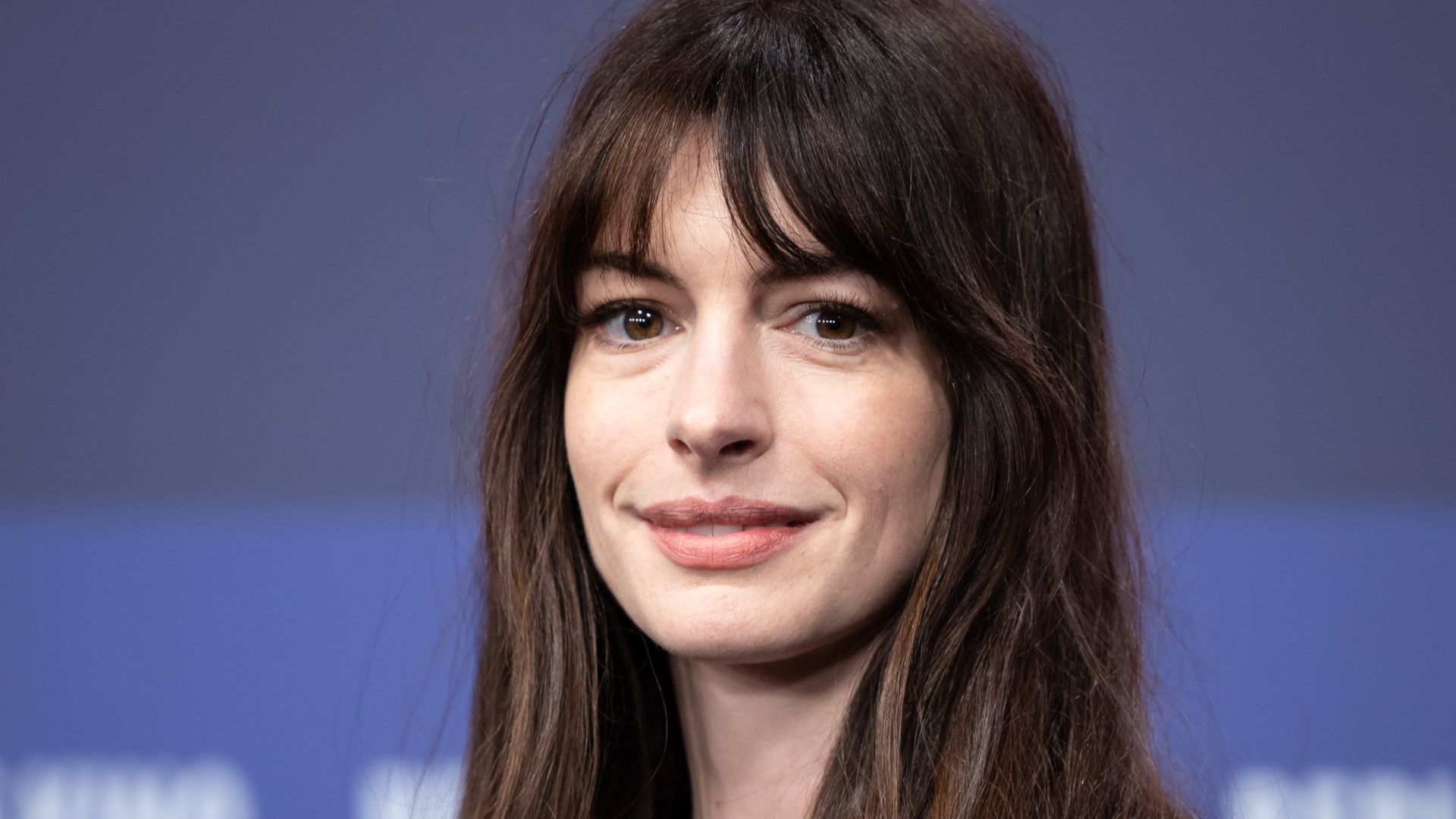 Harald Krichel, Wikimedia Commons
Harald Krichel, Wikimedia Commons
George Clooney: Batman & Robin
That infamous Batsuit might be the most mocked costume in superhero movie history, but it was Clooney who had to wear it. Batman & Robin is widely considered one of the worst superhero films ever made, with Clooney's performance singled out for its wooden delivery and lack of the darkness essential to Batman.
George Clooney (Cont.)
At Hollywood fundraisers, Clooney frequently apologizes to attendees for “destroying the Batman franchise”. The famously charismatic actor attributes much of the problem to Joel Schumacher's campy direction and a script he describes as "terrible”. The film's failure created a strange dichotomy in Clooney's career.
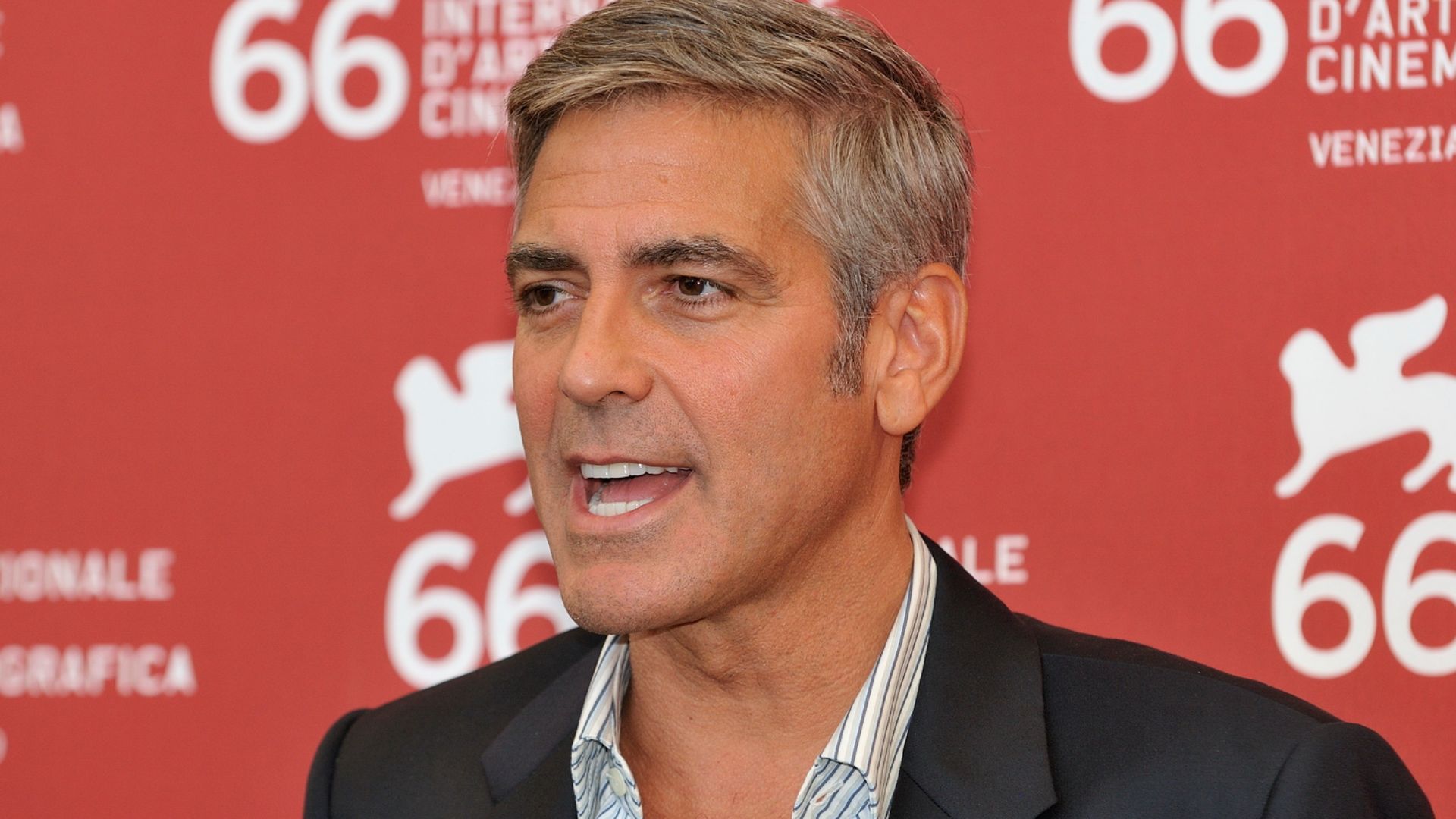 nicolas genin from Paris, France, Wikimedia Commons
nicolas genin from Paris, France, Wikimedia Commons
Jake Lloyd: Star Wars: The Phantom Menace
Child actors face unique challenges, but this individual’s experience portraying young Anakin Skywalker revealed the darkest side of fandom. At just 10 years old, Lloyd became the target of relentless bullying both at school and from adult Star Wars fans worldwide.
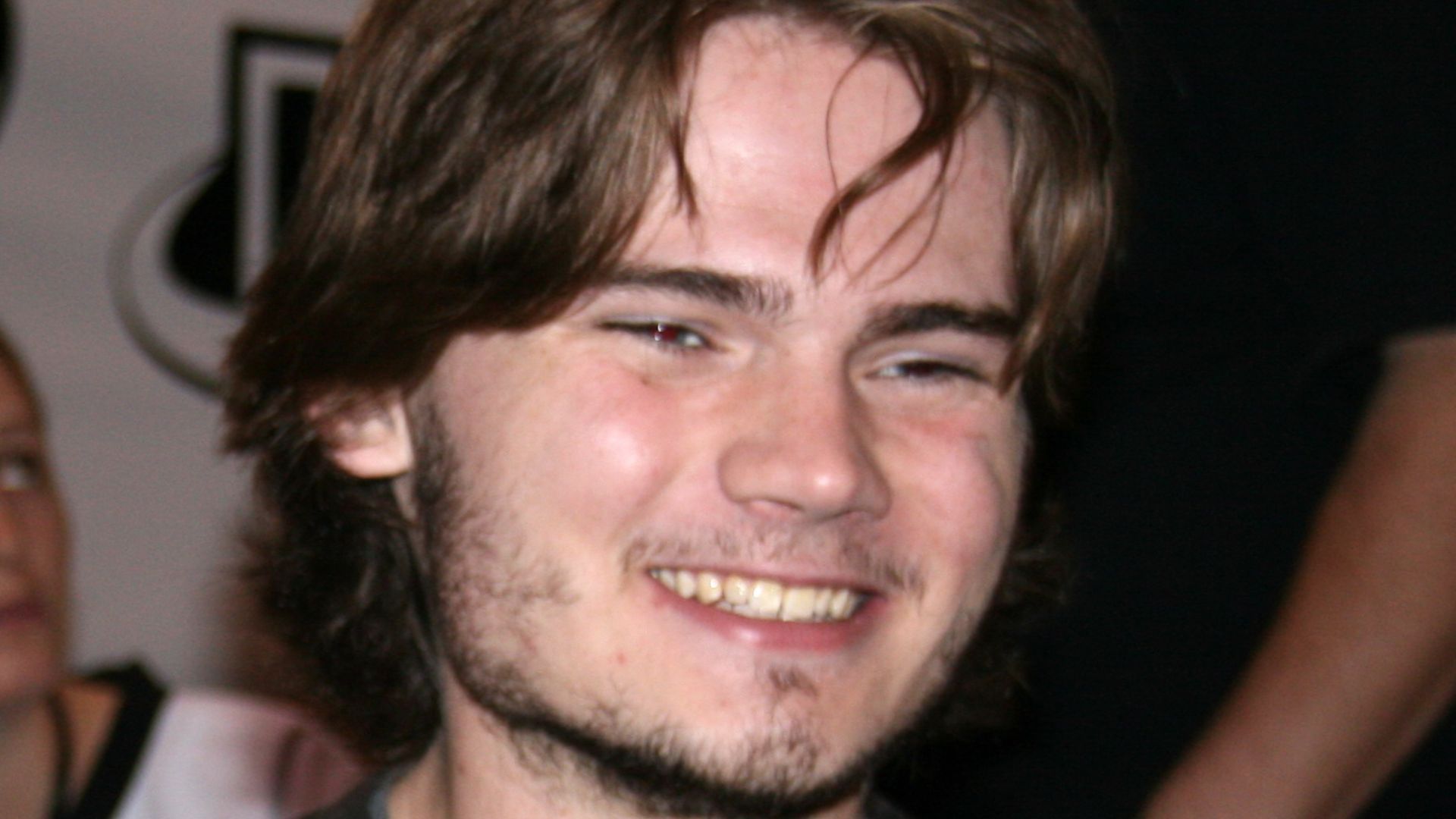 Dwight Stanley, Wikimedia Commons
Dwight Stanley, Wikimedia Commons
Jake Lloyd (Cont.)
His innocent portrayal was mocked in countless reviews, with critics seemingly forgetting they were attacking a child's performance. The psychological impact proved devastating and long-lasting. Lloyd quit acting entirely after Phantom Menace, later sharing that the experience made his childhood “a living hell”.
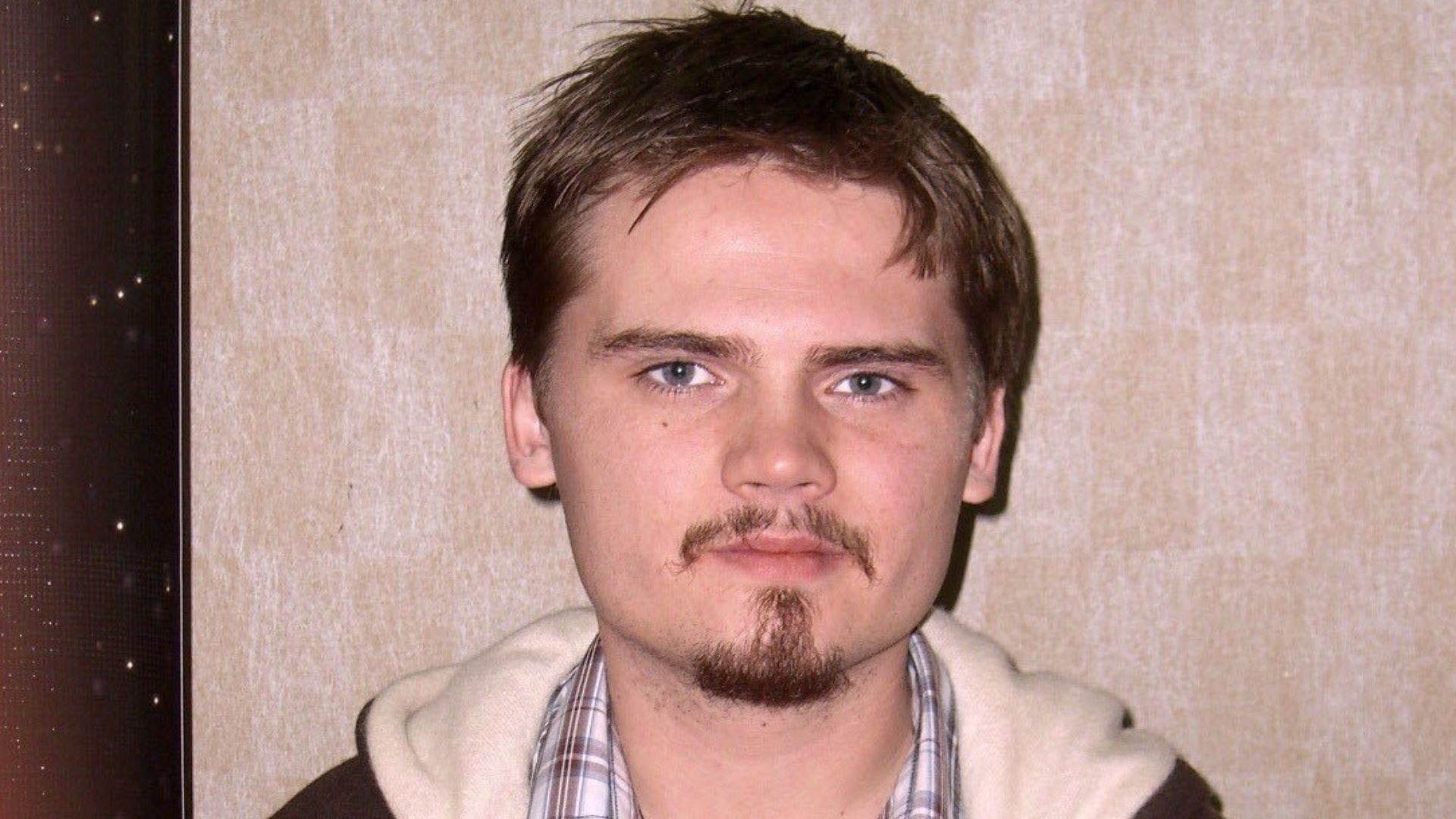 Nightscream, Wikimedia Commons
Nightscream, Wikimedia Commons
Halle Berry: Catwoman
How does an Oscar-winning actress follow up her historic Best Actress win? In Halle Berry's case, it was by starring in one of the most notoriously panned superhero movies ever made. Catwoman earned just 8% on Rotten Tomatoes and swept the Razzie Awards.
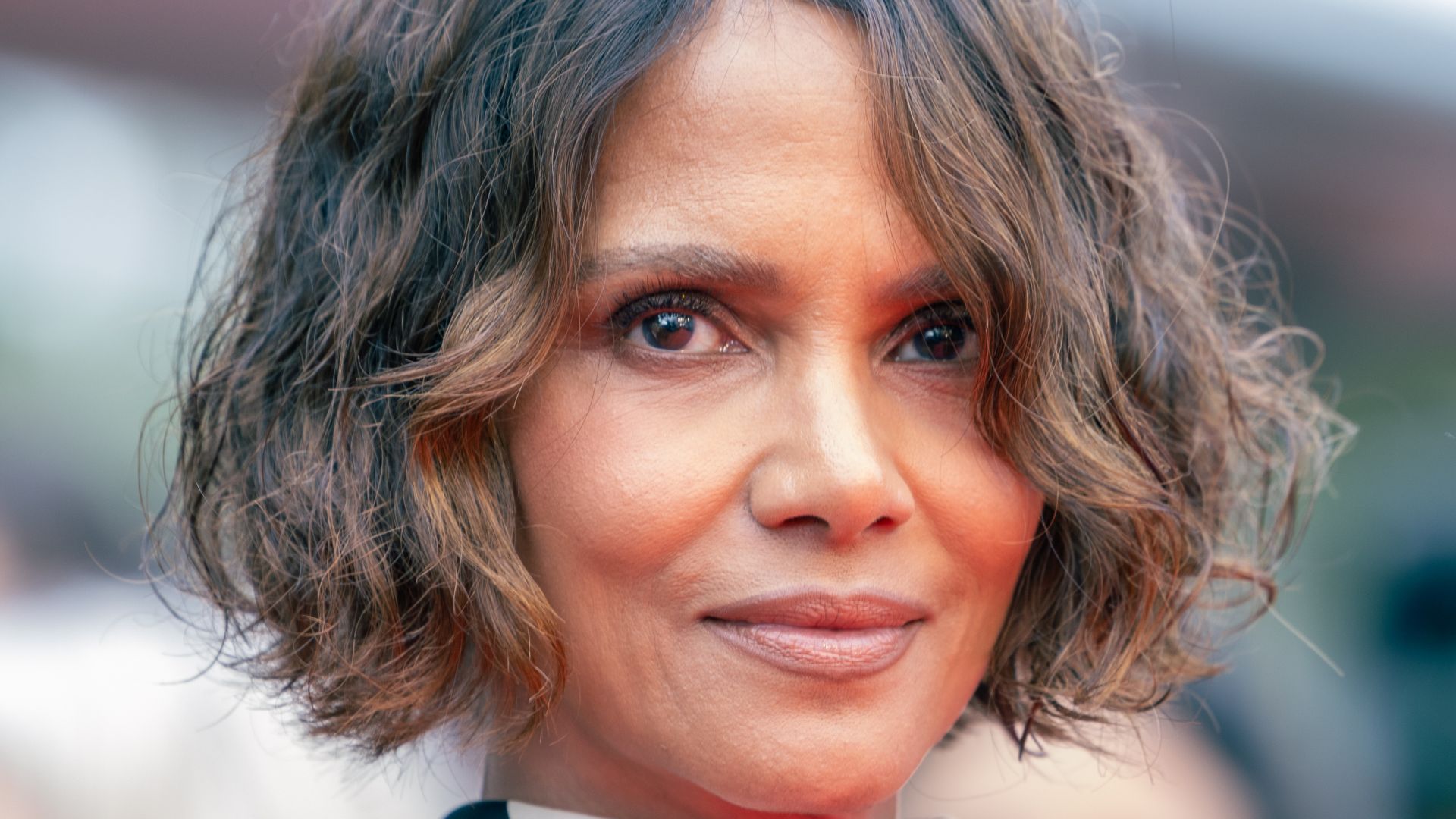 Harald Krichel, Wikimedia Commons
Harald Krichel, Wikimedia Commons
Halle Berry (Cont.)
The basketball scene, where Berry's Catwoman plays an embarrassing one-on-one game, became an instant example of how not to portray female superheroes. All that backlash was so universal that Berry took the unusual step of accepting her Razzie Award for Worst Actress in person.
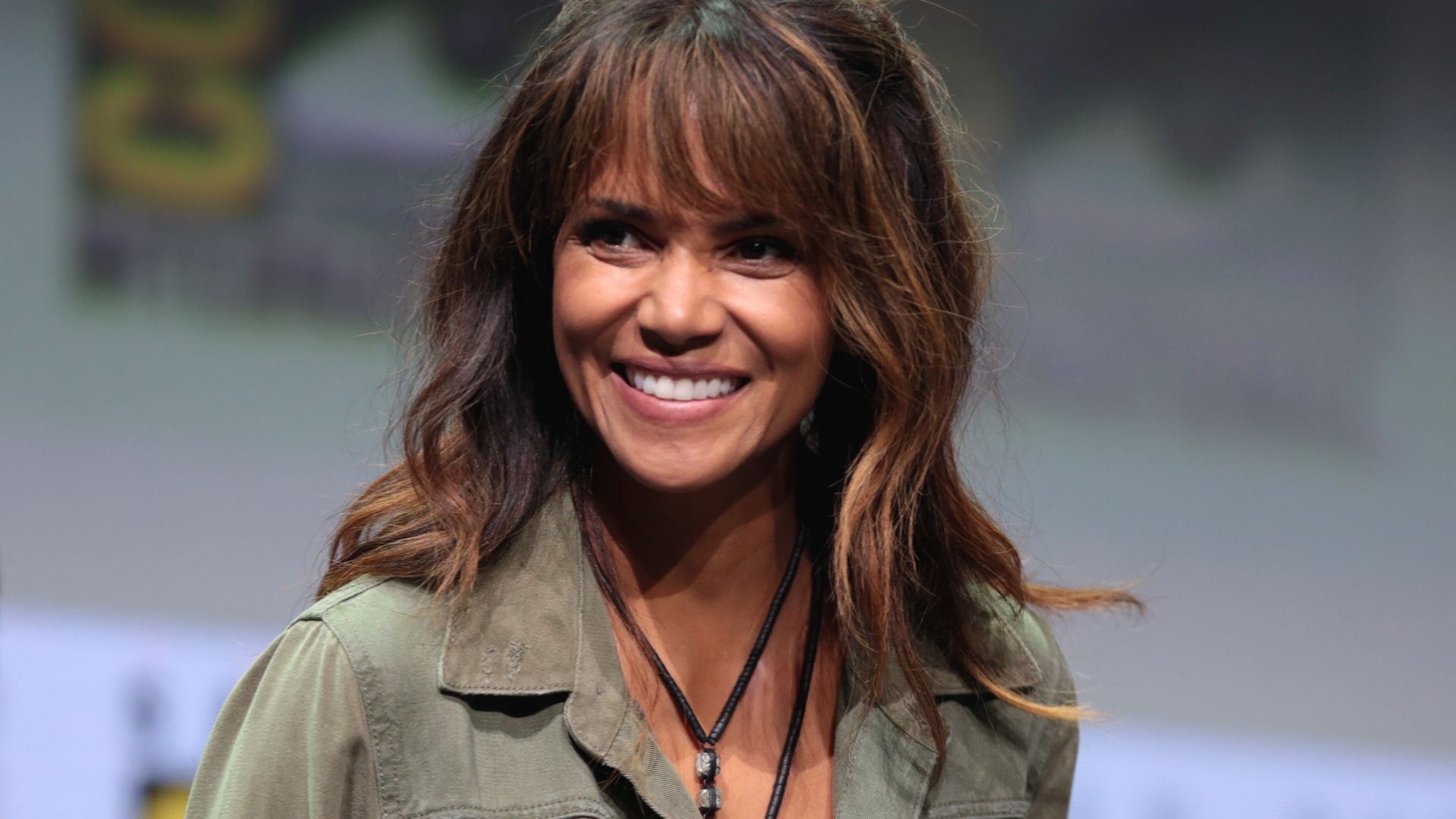 Gage Skidmore from Peoria, AZ, United States of America, Wikimedia Commons
Gage Skidmore from Peoria, AZ, United States of America, Wikimedia Commons
Jamie Dornan: Fifty Shades Of Grey
Taking on the role of Christian Grey in the film adaptation of E L James's controversial bestseller put Dornan in an impossible position. The Irish actor faced criticism from multiple fronts: book fans complained he wasn't their imagined Christian, and film critics mocked his wooden performance.
Jamie Dornan (Cont.)
Besides, general audiences ridiculed his lack of chemistry with co-star Dakota Johnson. Dornan later admitted he felt trapped, knowing the role would haunt him forever, but feeling contractually obligated to complete the trilogy. The criticism went beyond typical performance reviews into unusually personal territory.
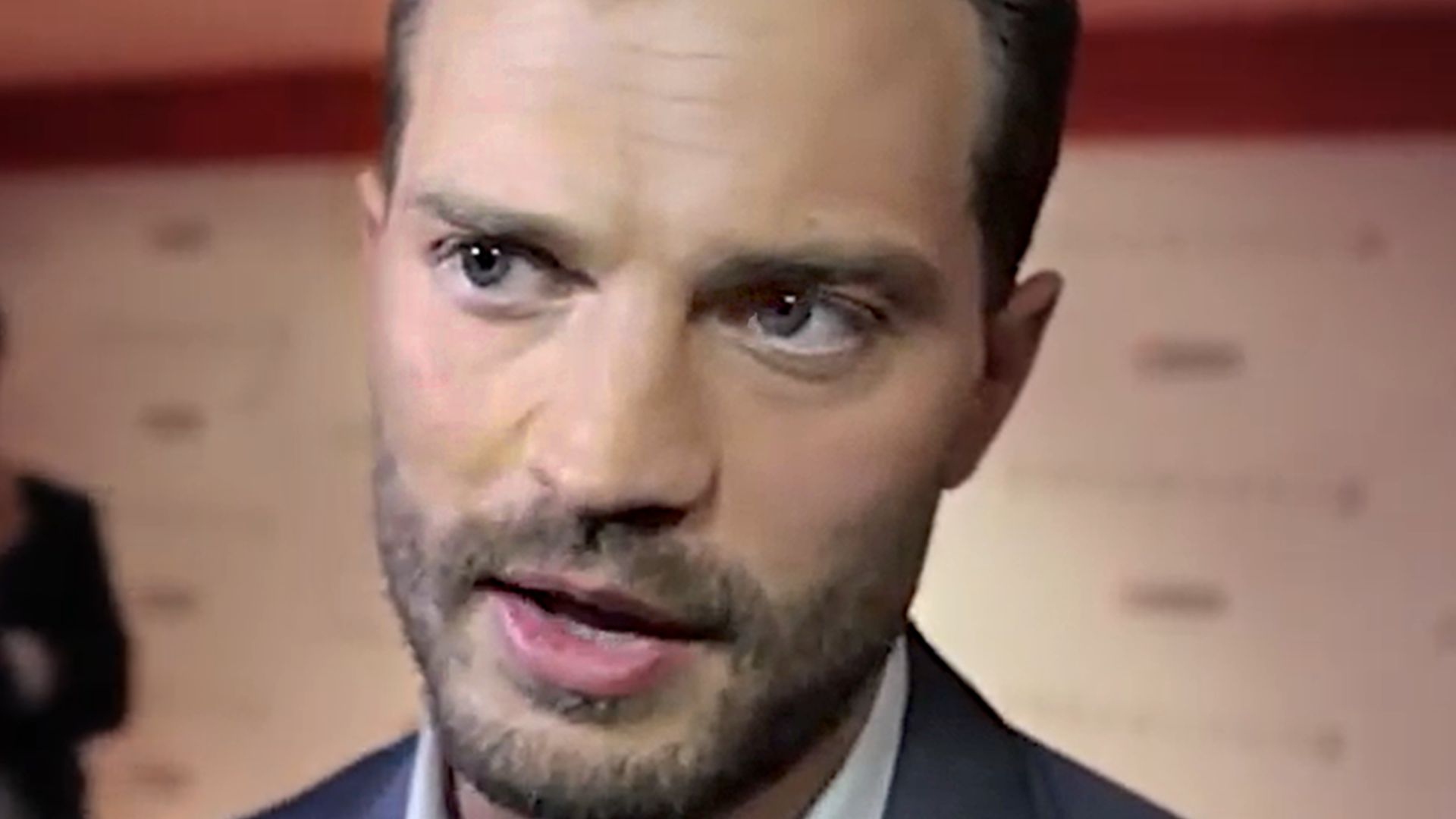 Dublin International Film Festival, Wikimedia Commons
Dublin International Film Festival, Wikimedia Commons
Katherine Heigl: Grey's Anatomy
Katherine Heigl's fall from Hollywood grace began with what seemed like a minor incident—withdrawing herself from Emmy consideration for Grey's Anatomy in 2008. Her explanation that she "did not feel I was given the material this season to warrant a nomination" ignited an industry firestorm.
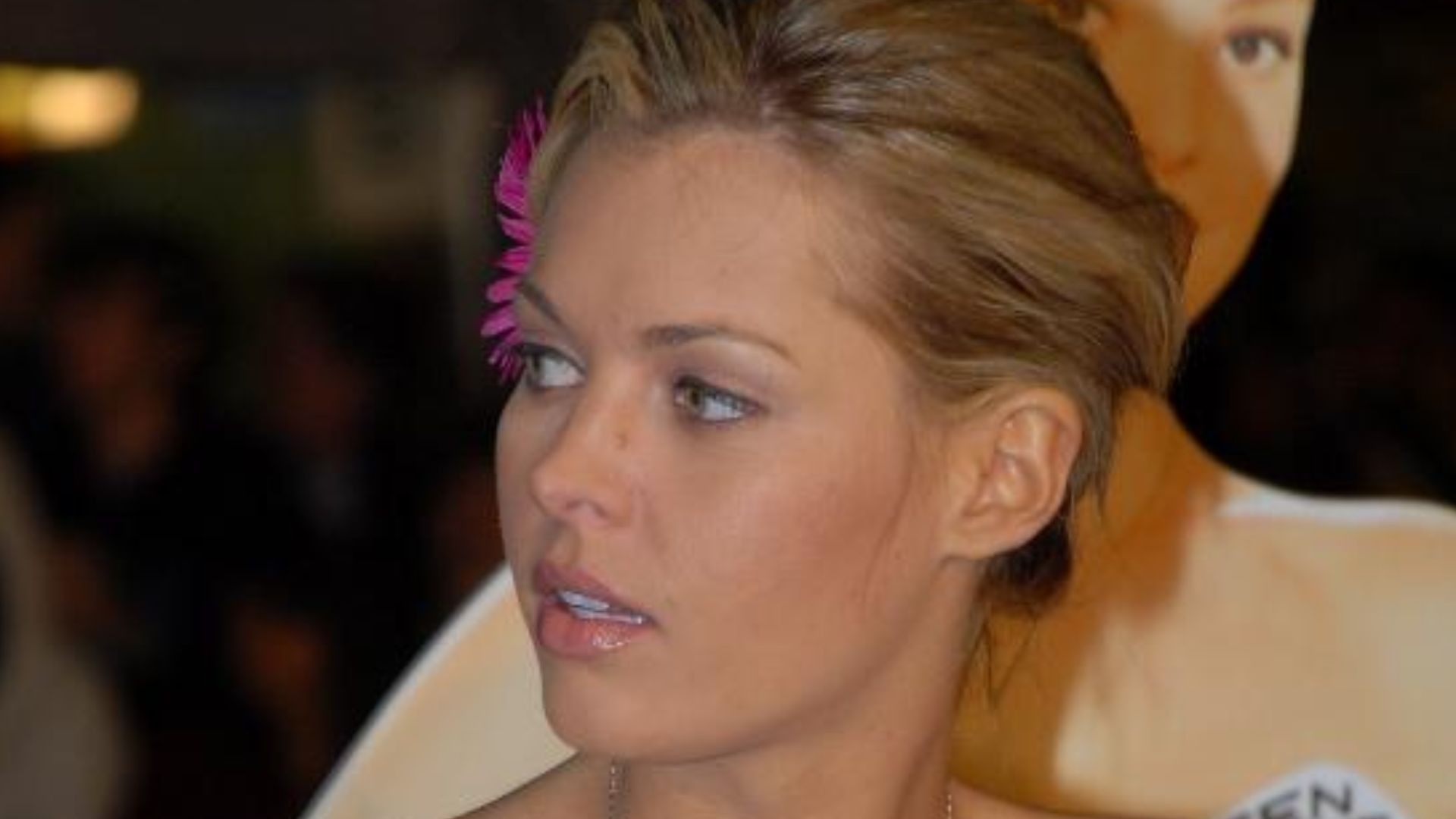 Photo from www.lukeford.net, Wikimedia Commons
Photo from www.lukeford.net, Wikimedia Commons
Katherine Heigl (Cont.)
Before this comment, she was America's new sweetheart following Knocked Up. Afterward, she was branded "difficult" and “ungrateful”. The backlash extended far beyond Grey's Anatomy when she criticized Knocked Up in a Vanity Fair interview. Her comments made her a pariah in the industry at the time.
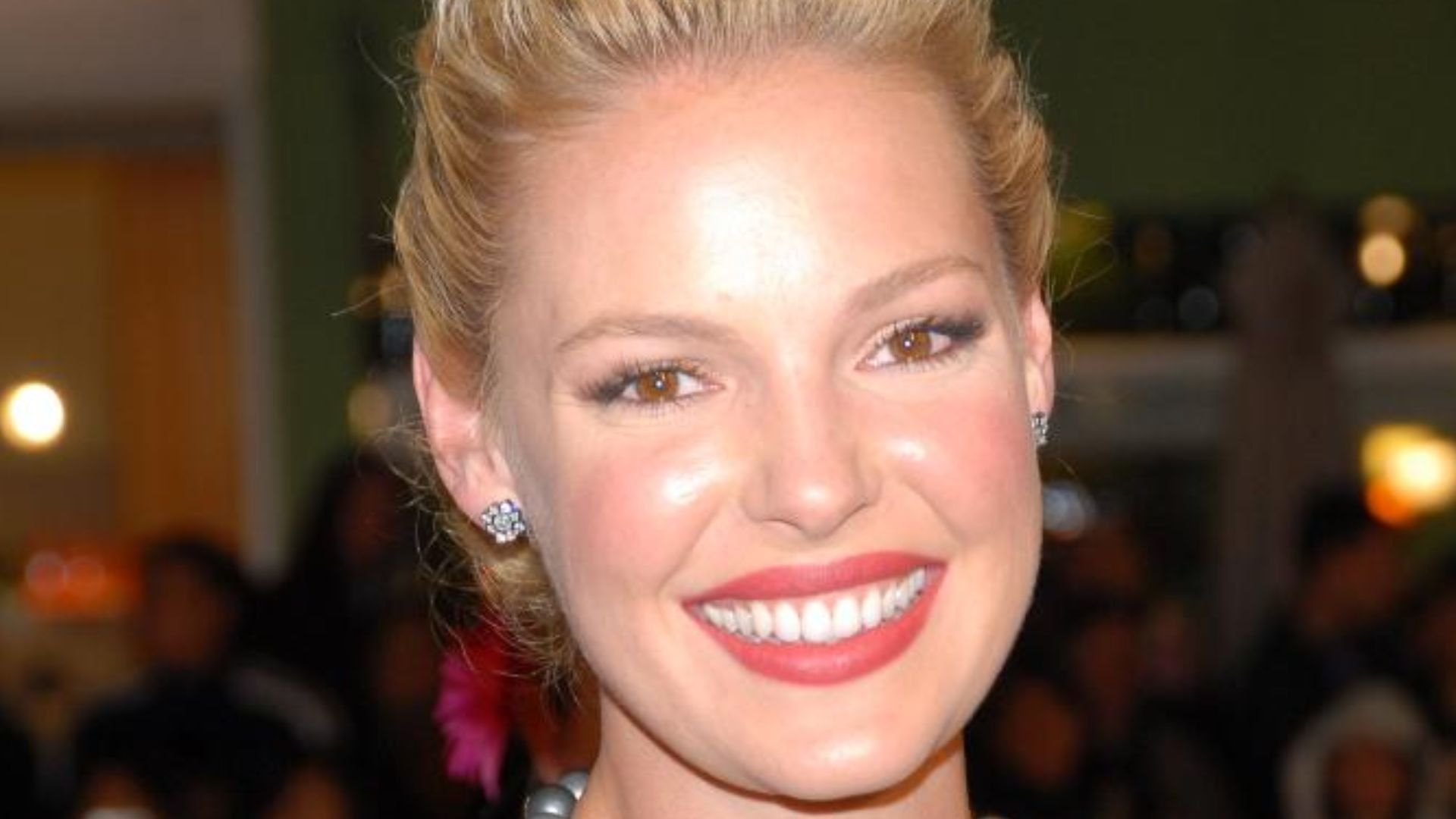 Photo from www.lukeford.net, Wikimedia Commons
Photo from www.lukeford.net, Wikimedia Commons
John Boyega: Star Wars Sequels
The initial Force Awakens trailer featuring John Boyega as a stormtrooper sparked immediate controversy, with #BoycottStarWarsVII trending on Twitter from users angry about a Black lead. While Boyega initially put on a brave face, the hatred intensified with each film as his character Finn was progressively sidelined.
John Boyega (Cont.)
Boyega finally addressed what he'd endured, stating: “What I would say to Disney is do not bring out a Black character, market them to be much more important in the franchise than they are, and then have them pushed to the side”.
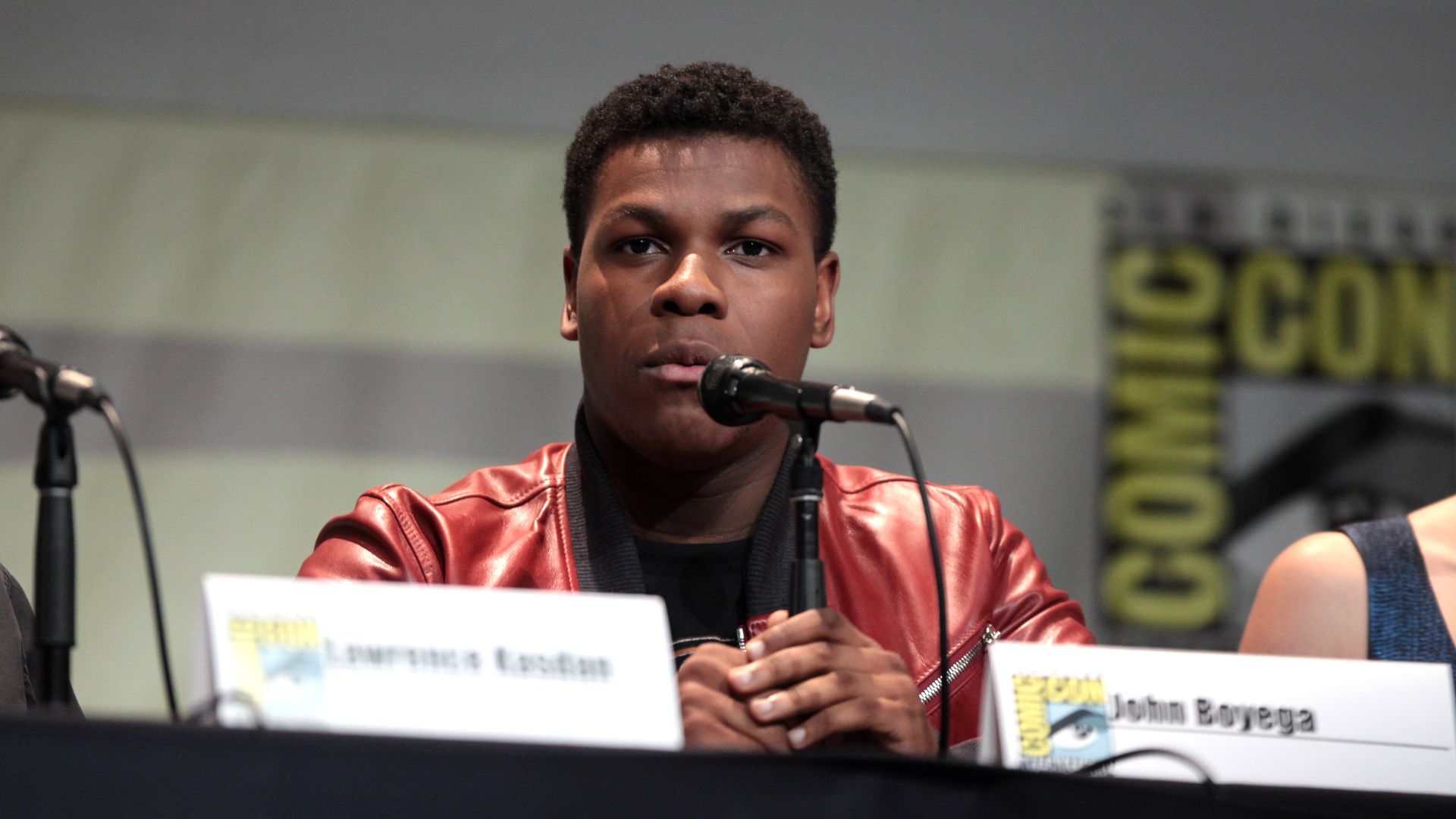 Gage Skidmore from Peoria, AZ, United States of America, Wikimedia Commons
Gage Skidmore from Peoria, AZ, United States of America, Wikimedia Commons
Rooney Mara: Pan
The announcement of Rooney Mara's casting as Tiger Lily in Pan ignited immediate controversy, as the character is Native American in JM Barrie's original work. Petitions calling for her removal gathered thousands of signatures before filming even began. Native American advocacy groups condemned the decision as blatant whitewashing.
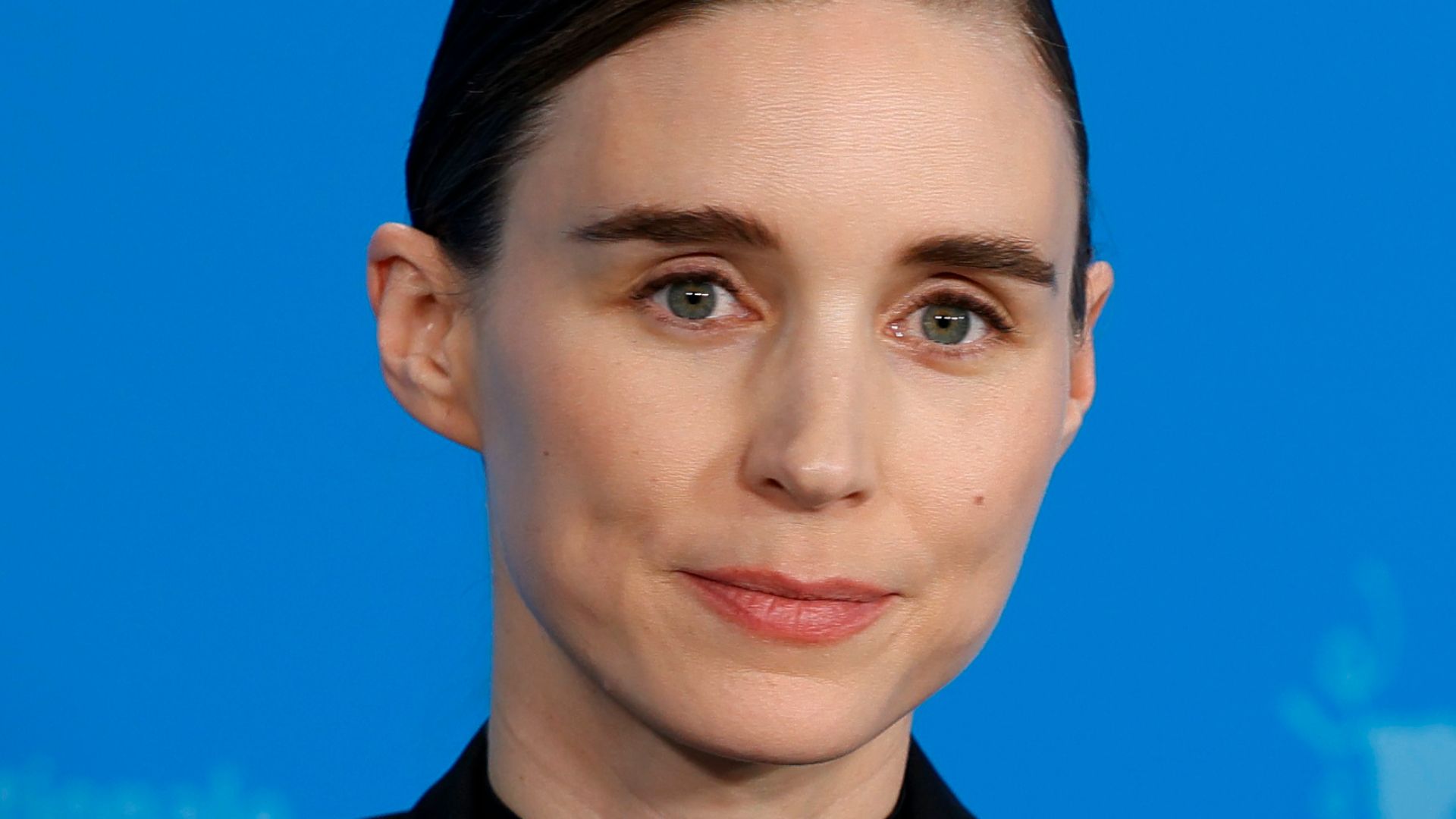 Elena Ternovaja, Wikimedia Commons
Elena Ternovaja, Wikimedia Commons
Jared Leto: Suicide Squad
Leto's approach to playing the Joker became infamous before audiences saw a single frame of this movie. Reports of his "method acting" created pre-release controversy, priming viewers to scrutinize his performance. When the film finally premiered, Leto's tattooed, grill-wearing, "damaged" fans immediately rejected the Joker.
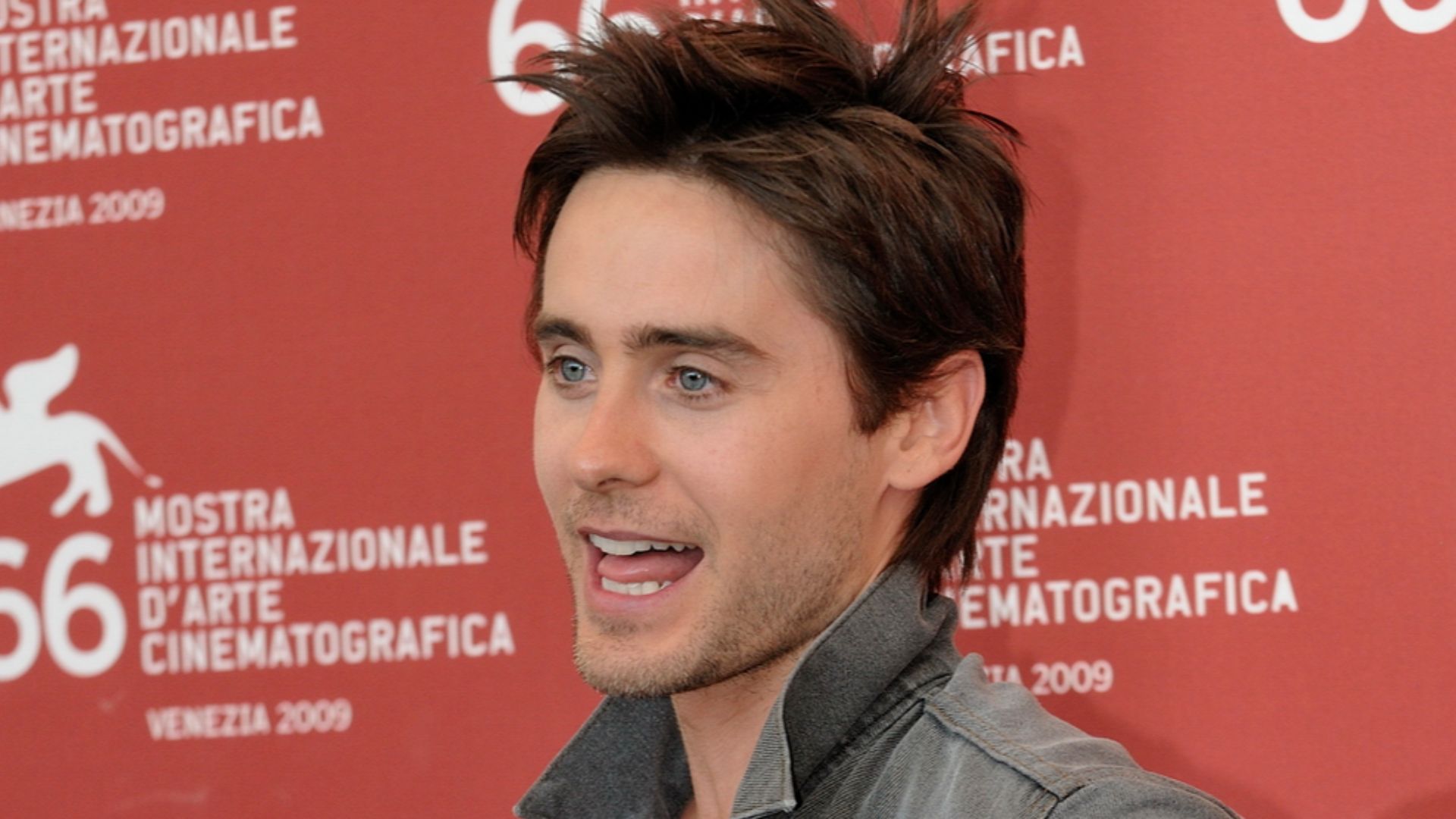 Nicolas Genin, Wikimedia Commons
Nicolas Genin, Wikimedia Commons
Anna Gunn: Breaking Bad
The hatred directed at Anna Gunn for playing Skyler White on Breaking Bad went far beyond any usual audience dislike of a character. In a 2013 New York Times op-ed titled "I Have a Character Issue," Gunn revealed she received death threats.
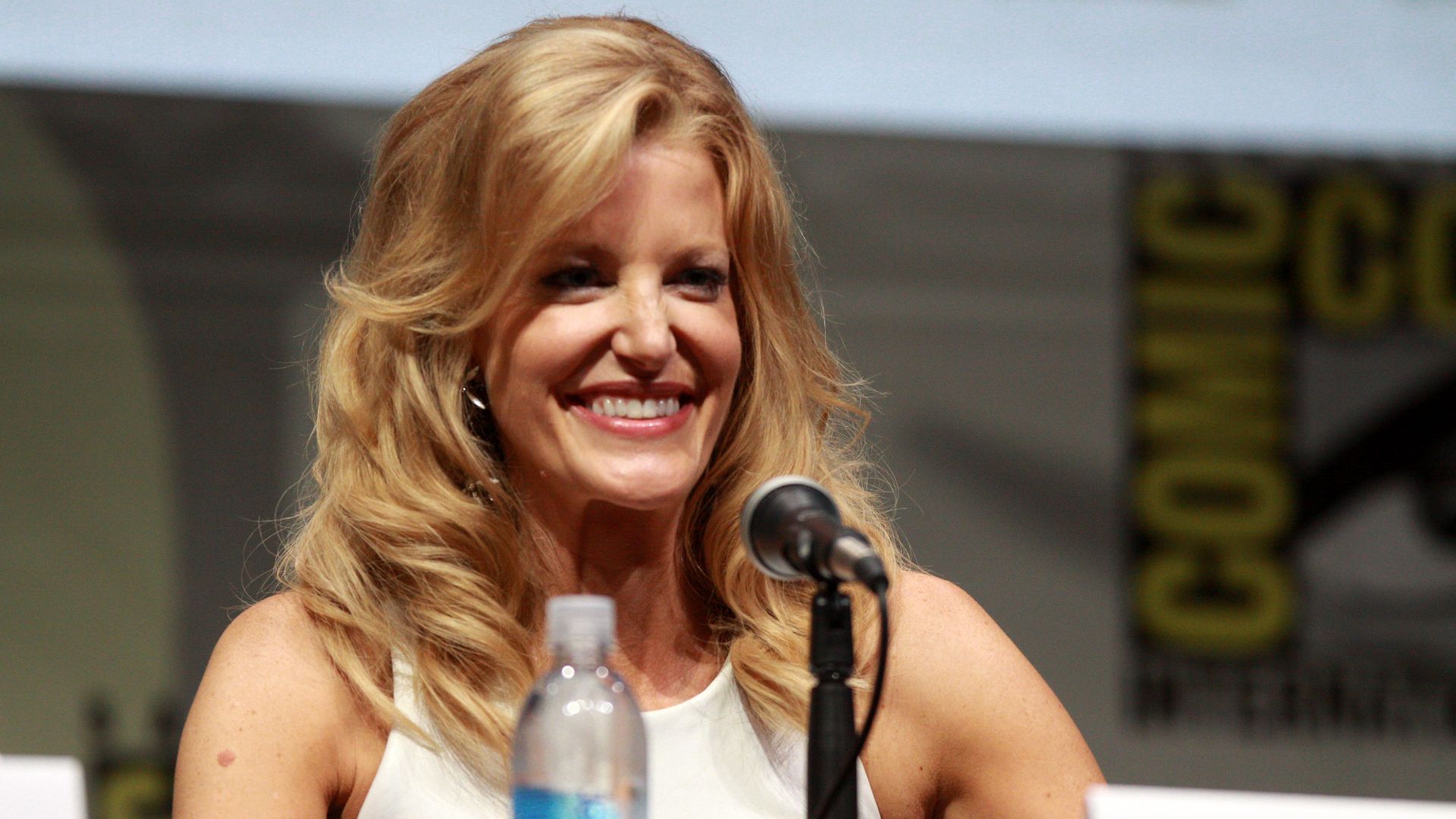 Gage Skidmore from Peoria, AZ, United States of America, Wikimedia Commons
Gage Skidmore from Peoria, AZ, United States of America, Wikimedia Commons


